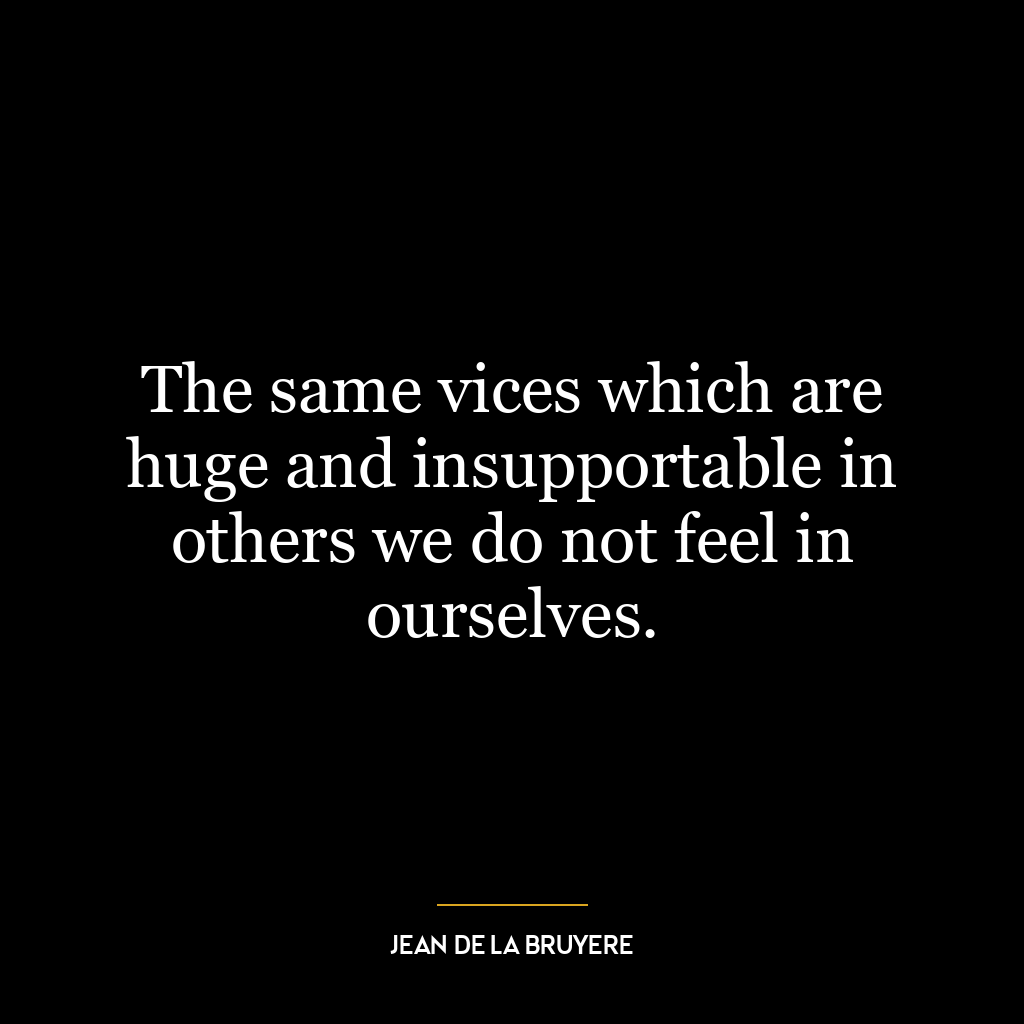One who steals has no right to complain if he is robbed.
This quote is a profound reflection on the concept of karma or the principle of cause and effect. It suggests that a person who indulges in unethical activities, like stealing, shouldn’t complain or feel wronged if they face the same treatment. Essentially, it’s a call for fairness, stating that if one is willing to inflict harm or injustice on others, they should be prepared to endure the same.
In a broader sense, it underscores the importance of empathy and understanding the potential consequences of our actions. If we wouldn’t want something done to us, we shouldn’t do it to others. This principle is often referred to as the Golden Rule: “Do unto others as you would have them do unto you.”
Applying this concept in today’s world, we can look at it from various perspectives. In the business world, for example, if a company uses unethical practices to outdo its competitors, it shouldn’t be surprised or complain when the same tactics are used against it.
In personal development, this idea can be applied as a reminder to treat others with respect and fairness. If we wish to be treated with kindness, honesty, and respect, we must first extend these courtesies to others. It encourages moral integrity and self-awareness. We should be mindful of our actions, as they may return to us in ways we might not expect.
In the digital age, this could also apply to the respect for privacy. If one does not respect the privacy of others online, they should not be outraged when their own privacy is breached.
Overall, the quote is a timeless reminder that our actions have consequences, and we should therefore strive to act in a way that reflects how we wish to be treated.















